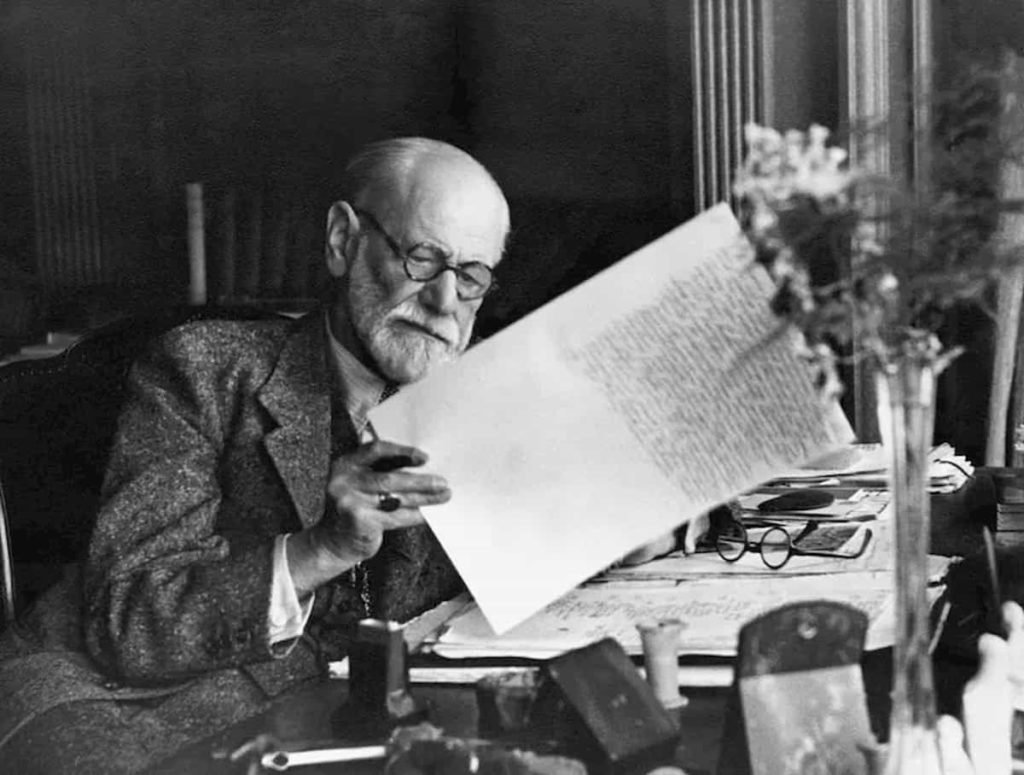In the late nineteenth century, psychotherapist Sigmund Freud built up a hypothesis that the substance of dreams is driven by oblivious wish satisfaction. Freud called dreams the “regal street to the oblivious.” He hypothesized that the substance of dreams mirrors the dreamer’s oblivious personality and particularly that dream substance is formed by oblivious wish satisfaction. He contended that critical unconsciousness longings regularly identify with early youth recollections and encounters. Freud’s hypothesis portrays dreams as having both show and inert substance. Idle substance identifies with profound unconscious wishes or dreams while show substance is shallow and inane. Show content regularly covers or clouds idle substance. (Interpretation of dreams).

Freud contended that by far most of the inert dream substance is sexual in nature, however, he later moved far from this straight out position. In Beyond the Pleasure Principle (1920) Freud considered how injury or animosity could impact dream content. He likewise talked about heavenly inceptions in Dreams and Occultism, an address distributed in New Introductory Lectures on Psychoanalysis. (The Freud Encyclopedia: Theory, Therapy, and Culture – Page 396)
The origination of the dream that was held in ancient ages by primitive people groups, and the impact which it might have applied on the arrangement of their originations of the universe, and of the spirit, is a topic of extraordinary intrigue. A memory of the idea of the dream that was held in primitive circumstances appears to underlie the assessment of the dream which was present among the people groups of traditional antiquity. (The Interpretation Of Dreams Chapter 1).
They underestimated it that dreams were identified with the universe of the heavenly creatures with whom they accepted and that they brought motivations from the divine beings and evil spirits. Besides, it appeared to them that dreams must fill an uncommon need in regard of the dreamer; that, when in doubt, they anticipated what’s to come. The unprecedented varieties in the substance of dreams, and in the impressions which they delivered on the dreamer, made it, obviously, extremely hard to plan a cognizant origination of them, and required complex separations and gathering developments, as per their esteem and unwavering quality. The valuation of dreams by the individual scholars of ancient history normally relied on upon the significance which they were set up to credit to romanticism when all is said in done. The interpretation of Dreams: Chapter One: The Scientific Literature of Dream-Problems (Up to 1900)
In the two works of Aristotle in which there is a say of dreams, they are as of now viewed as constituting an issue of brain science. We are informed that the dream is not god-sent, that it is not of perfect but rather of the devilish root. For nature is truly devilish, not divine; that is to state, the dream is not an otherworldly disclosure, but rather is liable to the laws of the human soul, which has, obviously, a family relationship with the awesome. The dream is characterized as the psychic movement of the sleeper, see that he is snoozing.
Aristotle was familiar with a portion of the attributes of the dream-life; for instance, he realized that a dream changes over the slight sensations saw in rest into extreme sensations (“one envisions that one is strolling through flame, and feels hot if either part of the body turns out to be just marginally warm”), which drove him to presume that dreams may effectively deceive to the doctor the principal signs of a nascent physical change which got away perception amid the day.
As has been said, those scholars of times long past who went before Aristotle did not view the dream as a result of the dreaming mind, yet as a motivation of awesome inception, and in old circumstances, the two restricting propensities which we might discover all through the ages in regard of the assessment of the dream-life were at that point discernible. The people of yore recognized the genuine and profitable dreams which were sent to the dreamer as notices, or to foresee future occasions, and the vain, false, and purge dreams whose question was to misinform him or lead him to annihilation.

Comments
Thanks for your blog, nice to read. Do not stop.
Thank you.